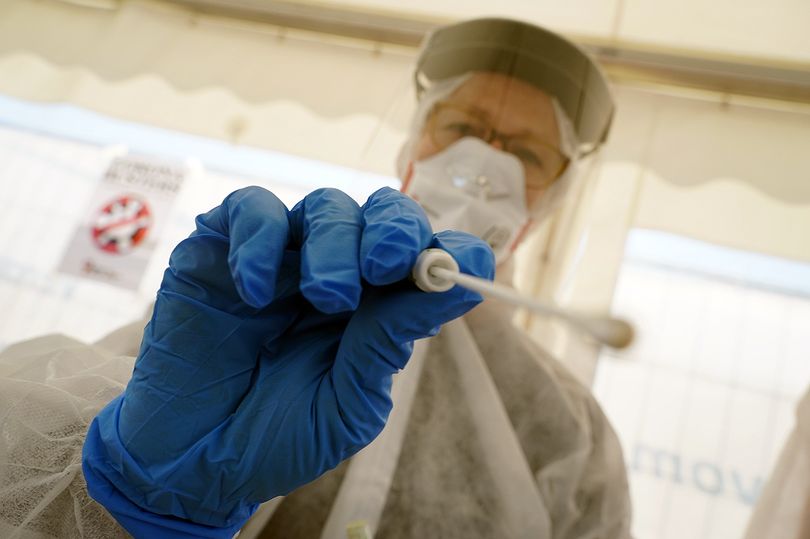The longer the pandemic lasts, the more inequality we uncover.
Now we learn both access to testing and its uptake is uneven across all socioeconomic groups, with BAME coming out worst.
It’s not just in the UK that disparities exist – it’s worldwide.
Action is needed to correct this so people from ethnic minorities are included in national and local health planning.
Catherine Dodds of Bristol University and Ibidun Fakoya from King’s College, London suggest the way forward in an editorial in the BMJ.
To keep the R number below one, governments are relying on nationwide testing and contact tracing until we have a vaccination programme in place. But while we wait, inequalities mean BAME Covid-19 infections and deaths keep rising.
As Dodds and Fakoya point out we already know uptake of medical testing and screening is uneven across cancer risk assessment, antenatal screening, and HIV testing.
The NHS is aiming to expand testing with self-administered swab kits – but this strategy may serve minority groups badly, bearing in mind a 2018 UK study found uptake of HIV self-sampling kits among them was low compared with other groups.
Most admitted they would probably not use the kits. Behind this reluctance were privacy issues and kits with complicated instructions that were inappropriately worded for people whose first language wasn’t English.
Dodds and Fakoya emphasise until these faults are corrected it’s difficult to see how trust can be built up among our ethnic communities. Isn’t it time we looked at these disparities from the BAME point of view, and started framing instructions in a form that’s understandable, acceptable and useful for ethnic minorities instead of imposing a “one-size-fits-all” approach?
Given the disproportionate and devastating impact this pandemic has already had among our ethnic minority communities, testing equality needs to be addressed in Covid-19 screening.
We need to ensure groups at risk are prioritised for access to testing, insist Dodds and Fakoya.
The aim should be to build trust so everyone can be confident they have access to tests on an equal basis while the pandemic lasts.
It’s so obvious. To guarantee equality, BAME community representatives must be included in national and local health planning.
Only inclusive planning can build trust. Communications must be multilingual. Without that, we can’t hope to promote uptake not only of testing but also any health programme.

